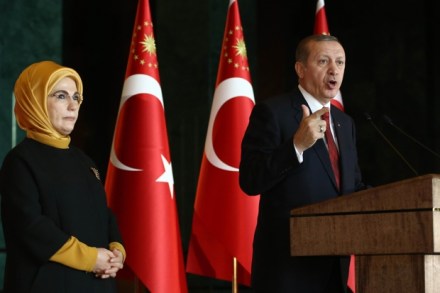Not all transsexuals think ‘trans women are women’
When equalities minister Penny Mordaunt launched the consultation on reforming the Gender Recognition Act she declared that “trans women are women”. Whether anyone really believes this remains to be seen. Yet our political leaders are willing to endorse this Orwellian thinking, and when it comes to the transgender debate, objective truth plays second fiddle to political expediency. For me, the discussion about gender identification is personal. Not only as someone who firmly believes in the concept of birth-sex as a fact of nature (as a science teacher, I have no choice there) but as a transsexual myself, having undergone a meaningful gender transition supported by medical interventions. Despite what some might think,



















